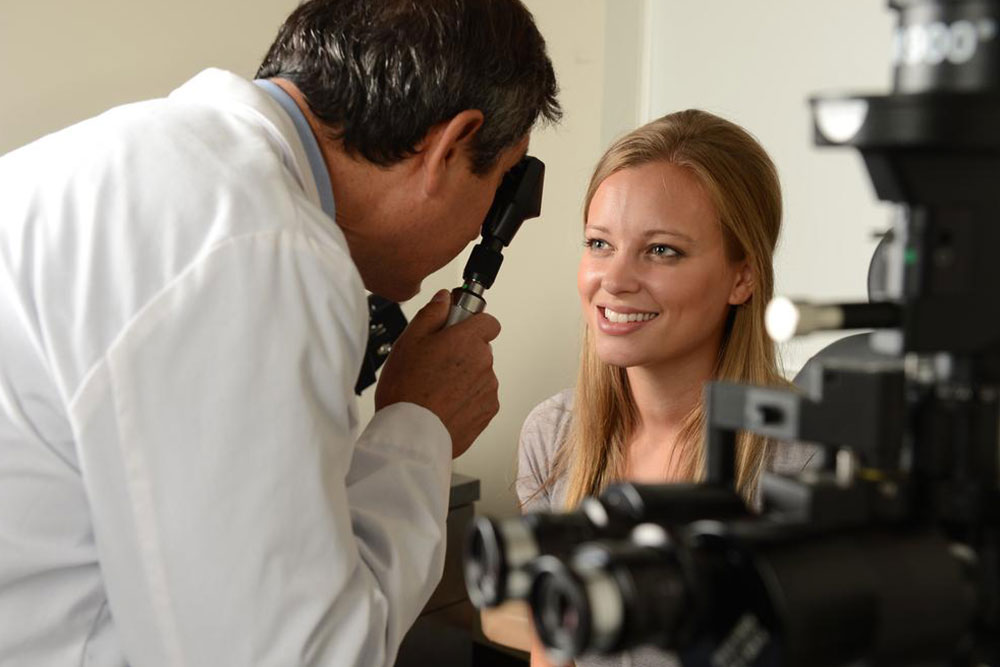Essential Guidelines for Selecting an Ophthalmology Surgery Center
Learn comprehensive tips for selecting the right eye surgery clinic, emphasizing credentials, patient feedback, communication, diagnostics, postoperative care, financing, and hygiene standards to ensure safe and effective treatment. Making an informed decision will help achieve optimal visual outcomes and safety in ocular procedures.

Essential Guidelines for Selecting an Ophthalmology Surgery Center
Ocular surgical procedures are crucial for correcting vision issues like nearsightedness, farsightedness, cataracts, and glaucoma. Procedures such as LASIK utilize advanced laser technology to reshape the cornea and enhance sight. Due to the precision involved, choosing a reputable and certified eye surgery clinic is vital. By considering certain essential factors, individuals can make informed decisions to ensure safety and successful outcomes.
1. Confirm qualifications and accreditation
When selecting an ophthalmic surgeon, verifying their credentials is essential. This ensures the practitioner has the proper training and expertise to perform delicate eye procedures safely.
Certain online resources can help verify medical licenses. Additionally, ensure the surgeon is a member of recognized medical associations, such as the Mexican Medical Association. Choosing clinics accredited by the General Health Council of Mexico, especially with international standards like JCI accreditation, guarantees high-quality care.
2. Check patient feedback
Getting references from friends or family who have undergone eye surgery can be helpful. Alternatively, browsing online reviews offers insights into the clinic’s quality, expertise, and patient satisfaction. Well-rated centers typically provide better care and transparency about what to expect during recovery.
3. Evaluate communication and staff friendliness
Choosing a surgeon who communicates clearly and listens patiently reduces anxiety. Schedule an initial consultation to gauge whether the doctor is approachable, thorough, and respectful of your preferences. Equally important is a friendly and professional staff, which enhances the overall patient experience.
Good communication fosters trust and ensures you understand all aspects of preoperative and postoperative care. Friendly staff members also support you throughout your treatment journey.
4. Avoid rushed diagnoses
A comprehensive diagnostic exam is critical before surgery to rule out complications. The process may involve detailed eye assessments and can take up to a few hours. Practices rushing through these tests may lack thoroughness, which is a red flag prompting consideration of other clinics.
5. Discuss postoperative support
Follow-up care is vital for a smooth recovery. The clinic should offer personalized postoperative plans and assistance, including arrangement of transportation and other supportive services if needed. Clarify these options during your initial visit to ensure comprehensive care.
6. Explore payment and insurance options
Eye surgeries can be costly; therefore, check if the clinic accepts insurance plans like IMSS or Seguro Popular, which may cover part or all of the expenses. Additionally, inquire about flexible payment plans, financing options, and accepted payment methods such as cash or cards to manage costs effectively.
7. Verify equipment and hygiene standards
The clinic should be equipped with state-of-the-art technology and maintained with strict hygiene standards to prevent infections and ensure safety. You can assess these during consultations or by visiting the clinic’s website.
It’s wise to consider multiple clinics and surgeons. If your primary choice is unavailable, a qualified alternative can perform the procedure, ensuring continuity of care.









